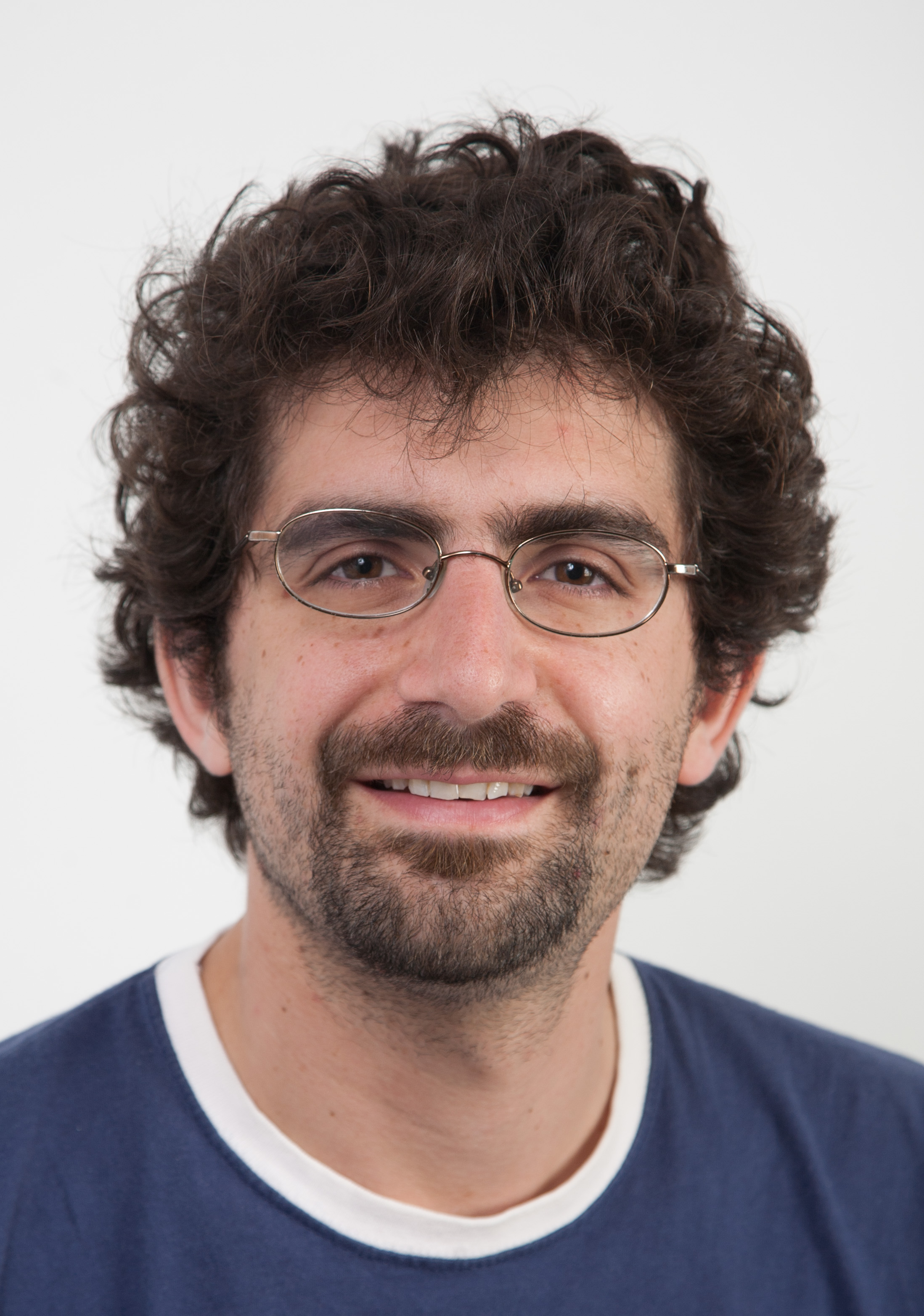Daniel Dadush, Ph.D. ACO 2012, has received the A. W. Tucker Prize of the Mathematical Optimization Society. The A. W. Tucker Prize was established by the Society in 1985, and is awarded at each International Symposium on Mathematical Programming for an outstanding doctoral thesis. At most three finalists are chosen. The finalists and winner are announced and the Prize is awarded at the plenary session of the International Symposium on Mathematical Programming at which prizes are announced, which is customarily the opening ceremony. The finalists are invited to give oral presentations of their work at a special session of the Symposium.
Following his Ph.D., Daniel spent two years as a Simons Postdoctoral Fellow in the Computer Science department at New York University. In September 2014 he joined Centrum Wiskunde & Informatica (CWI), a Dutch national research institute for mathematics and computer science, as a tenure track researcher in the Networks and Optimization group.
He is currently interested in developing techniques for solving a broad range of optimization problems, where he particularly likes those benefiting from geometric thinking. In his free time Daniel enjoys traveling, swing dancing, and riding his bike through the canals of Amsterdam.
The citation for the prize reads:
Daniel Dadush obtained an ScB in Mathematics from Brown University in 2006, and a PhD from the Algorithms, Combinatorics, and Optimization program at Georgia Tech under the guidance of Santosh Vempala in 2012. He is currently a tenure track researcher at Centrum Wiskunde and Informatica in Amsterdam.
In his PhD thesis "Integer Programming, Lattice Algorithms, and Deterministic Volume Computation" Dadush presents several impressive results on algorithmic convex geometry, geometry of lattices, and the complexity of integer programming. His results include a proof of the claim that the Chvatal-Gomory closure of a convex body is a rational polyhedron, improved algorithms for finding the shortest and closest lattice vectors, an optimal deterministic algorithm for computing an M-ellipsoid of a convex body, and a much-improved and nearly-optimal deterministic algorithm for computing the volume of a convex body. By combining all the techniques derived in his thesis, Dadush derives the fastest currently known algorithm for integer programming. The complexity of the algorithm represents a significant improvement over classical algorithms by Lenstra and by Kannan and shows Dadush's deep understanding of lattice techniques and convex geometry. In his work Dadush pays great attention to detail and exposition, which results in a thesis that is truly worthy of the 2015 A.W. Tucker prize.
